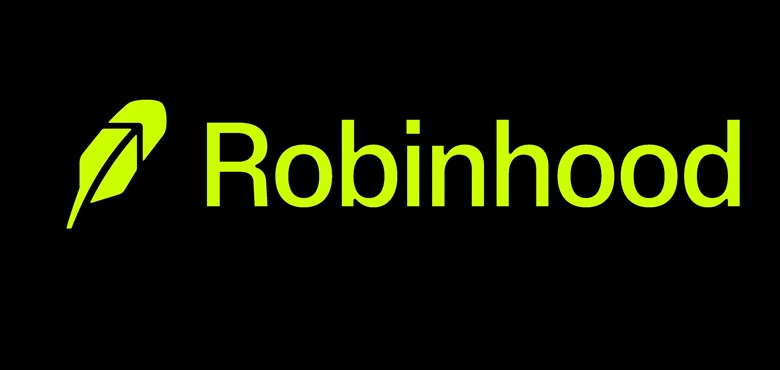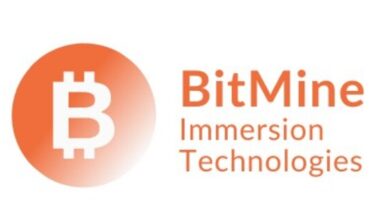Robinhood Is Doing It Again: Misleading Users with OpenAI, SpaceX Tokens

Robinhood is doing it again – misleading users with its new OpenAI and SpaceX tokens. This comes after OpenAI clarified that these tokens have no connection to them and do not represent real ownership.
Earlier this week, Robinhood launched “stock tokens” for European users, offering digital representations of U.S. stocks, ETFs, and private companies. As part of the promotion, Robinhood offered small amounts of OpenAI and SpaceX tokens to new signups, suggesting access to brands usually out of reach for retail investors.
However, OpenAI quickly issued a statement clarifying it has no partnership with Robinhood and that these tokens provide no ownership or voting rights. They are structured as synthetic instruments tied to a special-purpose vehicle (SPV), offering price exposure without equity.
This isn’t the first time Robinhood has faced accusations of misleading its users. In 2020, the SEC fined Robinhood $65 million for failing to disclose its payment-for-order-flow arrangements. In 2021, FINRA imposed a record $70 million fine for misleading communications and outages that harmed traders.
The pattern remains clear: Robinhood markets products in ways that blur the line between real ownership and synthetic exposure. Without clear communication, retail investors might believe they hold actual shares in OpenAI or SpaceX when they do not.
Tokenization can transform access to real-world assets, but offering synthetic tokens branded with household company names risks confusing users about what they truly own.
Robinhood is not scamming people outright; it is a regulated broker. However, its repeated marketing strategies raise an important question: Is Robinhood prioritizing financial inclusion, or is it simply exploiting user trust for growth?





